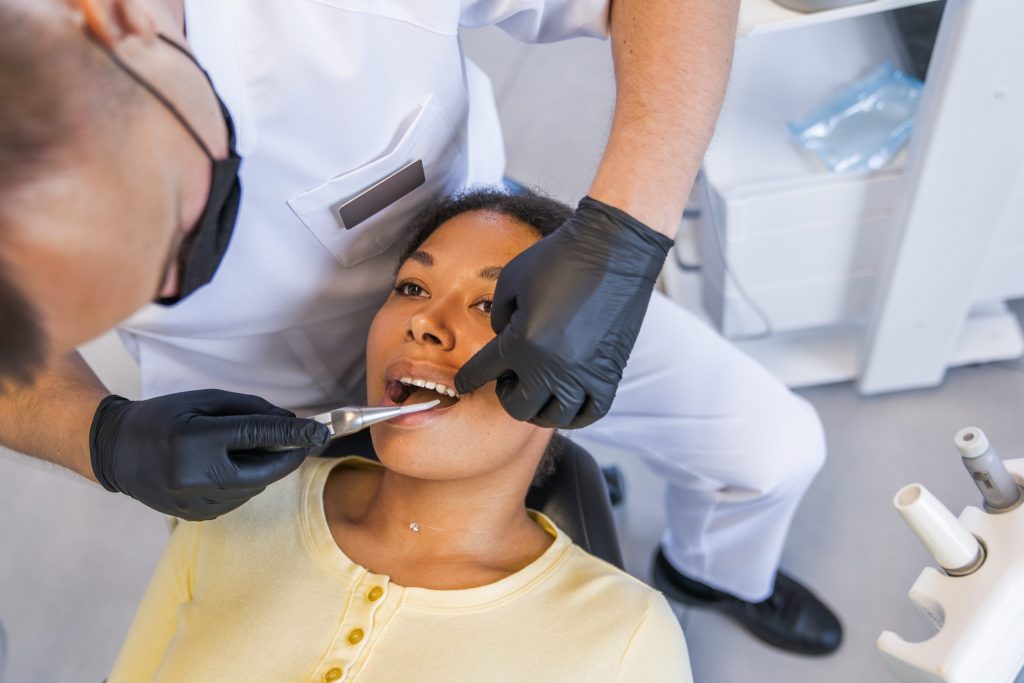
Toothache is one of the most irritating problems in the body, which no one loves. People try to avoid and ignore the pain, but it is something complicated to do, and if the pain is ignored for an extended period, it can lead to severe problems over time. Therefore, you must ensure you take care of your toothache promptly.
However, some people need clarification about when to tell that the toothache is severe and you are going into serious problems. So, in this article, we will discuss when the toothache is unbearable. If you are in San Diego, you can consult any dentist in San Diego, CA, who can
guide you about serious toothache situations.
What is the Definition of Toothache?
Toothache is a general pain that is around a tooth. Various factors can contribute to toothache problems. A minor toothache can be treated with at-home remedies, but not treated well, resulting in serious problems.
It is better to learn the warning signs of your tooth and consult a doctor as soon as possible to save you from tooth problems.
What are the Causes and Symptoms of Toothache?
If we talk about toothache, it is hard to know about the symptoms because it is a direct pain that distracts us and makes it difficult to eat and drink. However, some common causes can lead to toothache, and they are:
- Abscessed tooth
- Tooth decay
- Fractured tooth
- Damaged filling
- Gum infection
- Excessive grinding
- Accumulation of food debris in the teeth.
These causes can lead to symptoms such as sharp, throbbing, and constant pain in your teeth. There are situations when the pain is only when something is pressed on the tooth, while it is sometimes stable.
How do you tell when a toothache is severe?
If the toothache is constant and you are not relieved by home remedies. You should consider it seriously and consult a doctor as soon as possible. Doctors can provide the best solutions to your toothache by removing the decay or fillings so that you are relieved from the pain.
What are Treatment Options for Toothache?
- You can try home remedies, such as rinsing your mouth with warm salt water.
- Floss your teeth regularly so that you can remove the trapped food particles.
- Apply a cold compress on your cheek to provide relief.
- Consult a doctor who can treat it with medications, removal of decay, fillings, or any other treatment required for your dental health.



